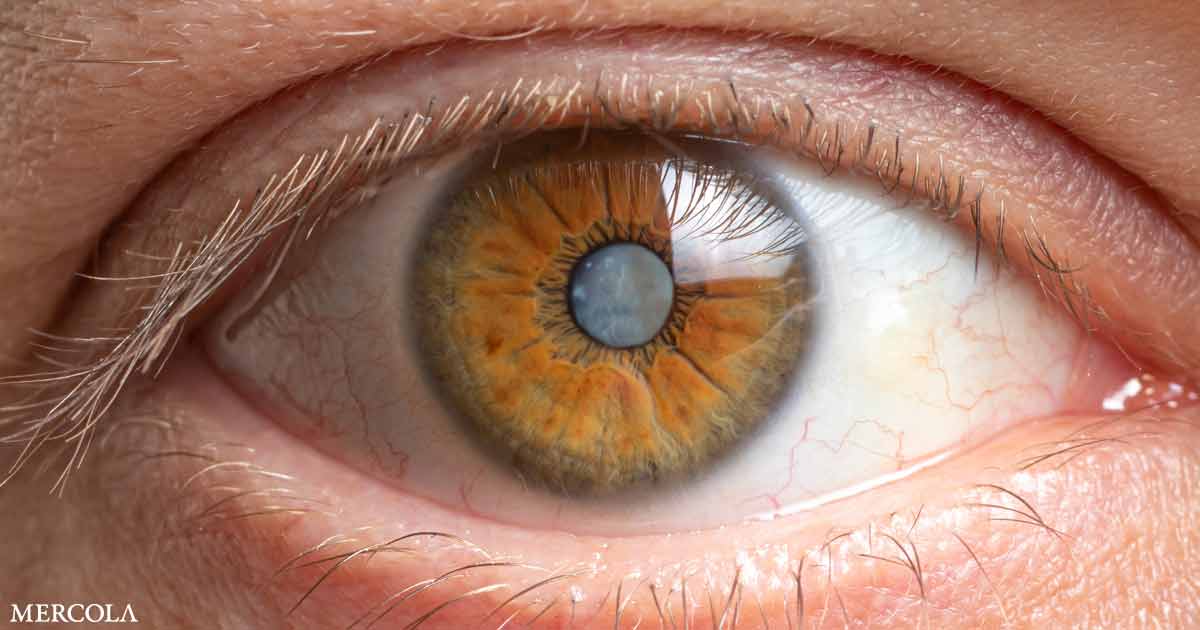In the video above, Dr. Eric Berg, a chiropractor and health educator, discusses natural alternatives for preventing and treating cataracts. Cataracts is a condition that causes blurry vision due to protein buildup on the lens of the eye. Risk factors for cataracts include alcohol use, smoking, older age, diabetes, toxic substances, medications, and eye trauma. Symptoms of cataracts include blurry vision, changes in color perception, difficulty driving at night, sensitivity to sunlight, nearsightedness, double vision, and a lack of improvement with glasses or contacts. While surgery is a common treatment for cataracts, it is not without risks such as dry eyes, droopy eyelids, floaters, retinal detachment, infection, glaucoma, vision loss, and secondary cataracts. Dr. Berg suggests trying natural remedies before resorting to surgery, although scientific evidence for their effectiveness is limited due to lack of funding. He explains that adding more nutrients to your diet is generally safe and may provide benefits. Blood sugar levels can significantly impact eye health, and high levels can increase the risk of cataracts, glaucoma, and blindness. Consuming foods rich in carotenoids and anthocyanins, such as fruits, berries, and vegetables, can support eye health. Dr. Berg shares a homemade cataract remedy consisting of berries and kefir, which is high in calcium and probiotics. Additionally, eye drops containing N-acetylcarnosine (NAC), N-acetylcysteine amide (NACA), and oxysterols have been shown to potentially reverse or prevent cataract progression. Lutein, a carotenoid found in leafy greens and other foods, is essential for eye health and protects against cataracts, glaucoma, and age-related macular degeneration. Consuming foods high in lutein, such as dark leafy greens, carrots, broccoli, egg yolks, and peppers, can be beneficial. The optimal daily intake of lutein and zeaxanthin, another carotenoid, has not been established, but doses between 6-20 mg per day for lutein and 2 mg per day for zeaxanthin have shown health benefits. To enhance lutein absorption, it is recommended to consume a small amount of healthy fats, such as eggs, with lutein-rich foods. Organically raised, free-range pastured eggs are preferred for their better nutritional profile and lack of pesticide exposure and genetically modified organisms.

Tips for Preventing Cataracts: What You Can Do
Denial of responsibility! Swift Telecast is an automatic aggregator of the all world’s media. In each content, the hyperlink to the primary source is specified. All trademarks belong to their rightful owners, all materials to their authors. If you are the owner of the content and do not want us to publish your materials, please contact us by email – swifttelecast.com. The content will be deleted within 24 hours.
